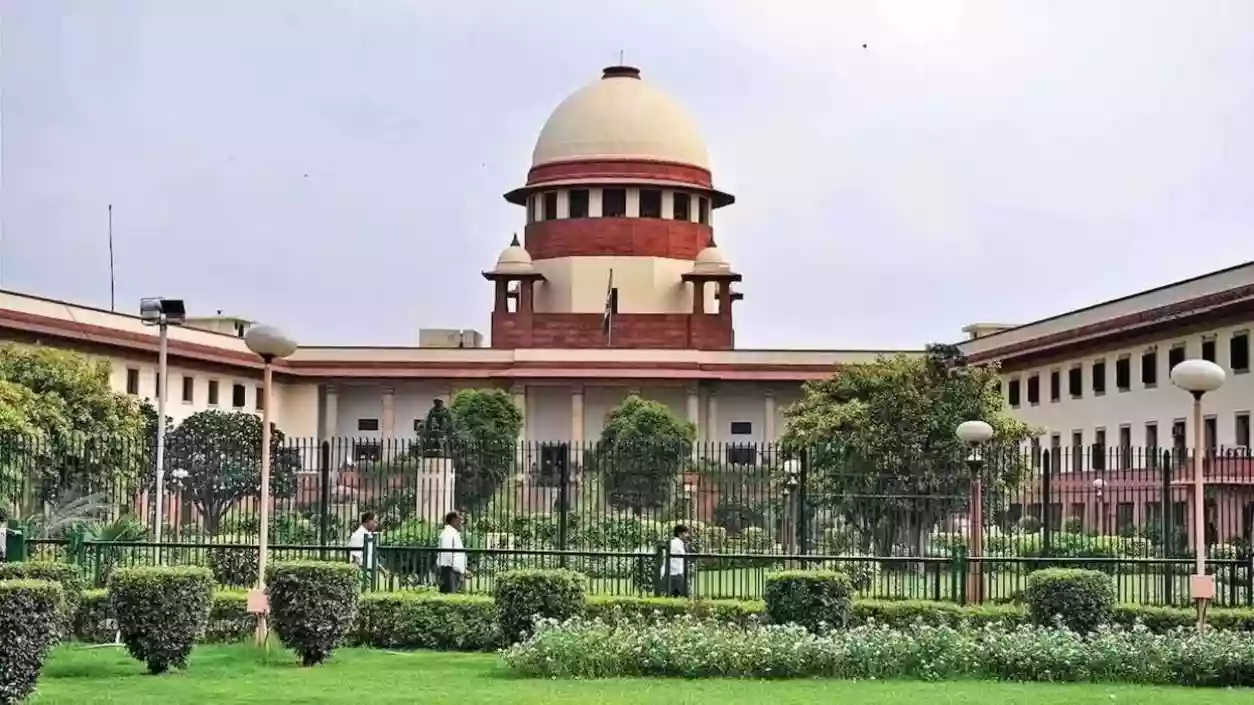.gif)
.gif)

The Supreme Court of India, in a significant judgment on Wednesday, declared domicile-based reservations for postgraduate (PG) medical courses unconstitutional, ruling that such reservations violate Article 14 of the Constitution, which guarantees equality before the law. The court clarified that PG medical admissions must be based solely on merit, as determined by the National Eligibility cum Entrance Test (NEET), and not on state-specific domicile criteria. This ruling effectively prohibits any form of state-imposed residence-based reservations for PG medical courses across India.
A three-judge bench comprising Justices Hrishikesh Roy, Sudhanshu Dhulia, and SVN Bhatti delivered the verdict, emphasizing that the Constitution grants every citizen the right to reside, trade, and pursue a profession anywhere in the country. The bench stated, "We are all domiciles in the territory of India. There is nothing like a provincial or state domicile. We are all residents of India." The court reaffirmed that no state can impose domicile-based restrictions on admissions to educational institutions, particularly in higher education programs like PG medical courses.
The bench also acknowledged that while some form of domicile-based reservation may be permissible at the undergraduate (MBBS) level, extending such practices to PG medical courses is unconstitutional. The court stressed that PG medical education is aimed at developing specialized professionals, and introducing residency-based reservations at this level would compromise the quality of education and the principle of equality in access to opportunities.
The ruling further clarified that it would not affect students who have already been admitted or completed their PG medical education under domicile-based reservation schemes. "This judgment will not affect the domicile reservation already granted. Students who are undergoing PG courses and those who have already passed out from such residence categories will not be affected," the bench stated. This ensures that the judgment applies only to future PG medical admissions, and existing students will not be impacted by the new ruling.
The case originated from appeals against a 2019 ruling by the Punjab and Haryana High Court, which had struck down domicile reservations for PG medical admissions as unconstitutional. Given the importance of the issue, particularly in Chandigarh, which has only one medical college, the matter was referred to a larger bench of the Supreme Court for an authoritative decision. The three-judge bench's ruling now provides a clear directive that PG medical admissions will be solely merit-based, ensuring that no state can impose restrictive domicile criteria for these programs.